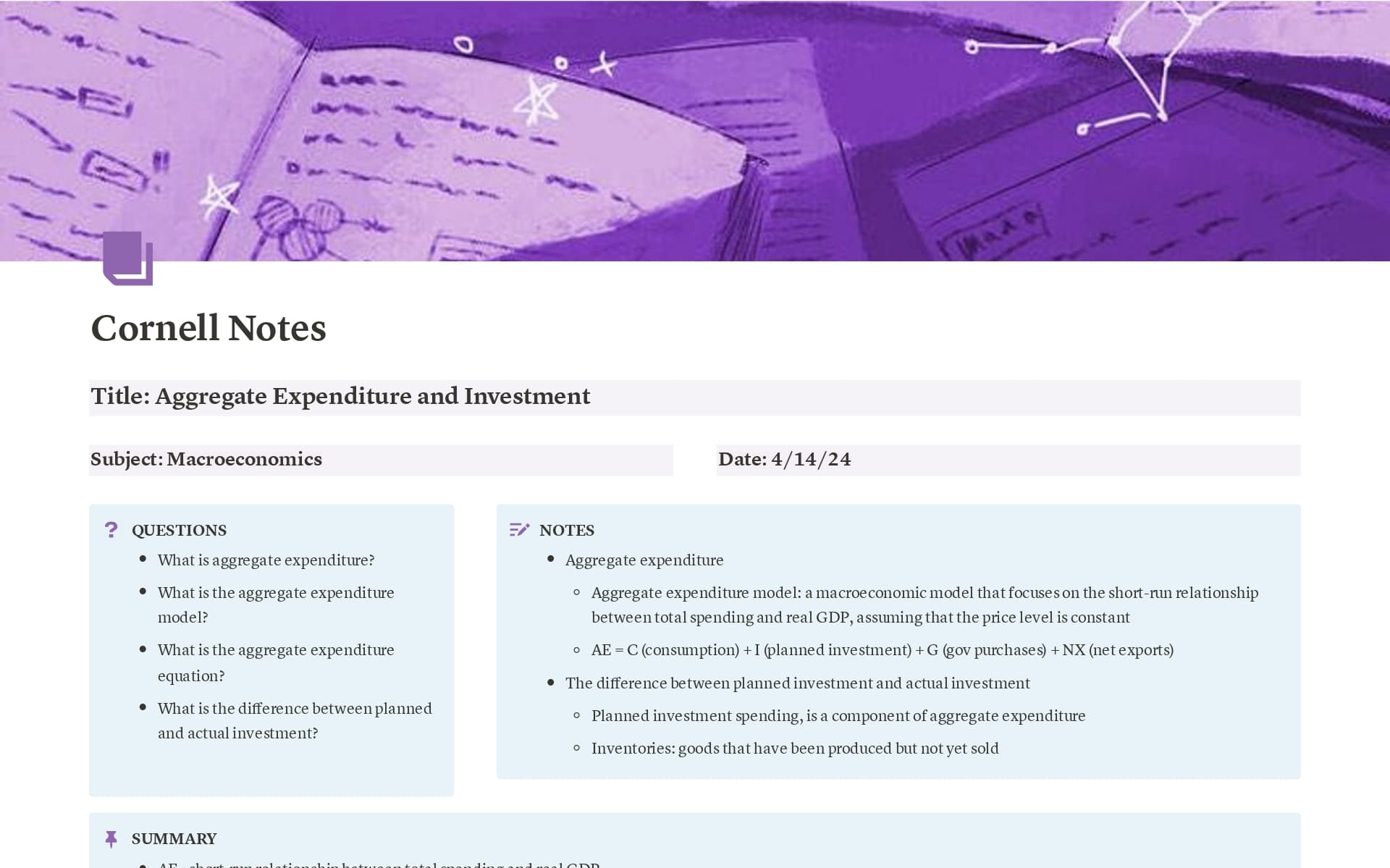Having a well-defined Test Strategy is crucial for effective study and exam preparation. It helps you organize your study material, manage your time efficiently, and track your progress, ensuring that you cover all necessary topics thoroughly. A Test Strategies Notion template can streamline this process by providing a structured approach to your study plan, allowing you to focus on learning rather than planning.
Before you dive into creating your own Test Strategies, take a look at these Notion templates to make the process easier and more efficient.
What Should Test Strategies Templates Include?
Choosing the right Test Strategies Template in Notion can streamline your testing process and ensure comprehensive coverage. Here are key components to look for in a high-quality template:
Scope and Objectives: This section should clearly define what is to be tested and the goals to be achieved. It helps in keeping the testing team aligned and focused.
Testing Methods: A good template will outline various testing methods like unit, integration, system, and acceptance testing, ensuring that all aspects are covered.
Resource Allocation: Details about the team, tools, and schedule should be included. This ensures that all resources are appropriately allocated for efficient testing.
Risk Management: Identifying potential risks and having a mitigation plan in place is essential for any testing strategy. This component helps in proactive problem solving.
By selecting a template that includes these elements, you can enhance the effectiveness of your testing efforts and achieve better project outcomes.
What Should Test Strategies Templates Avoid?
Choosing the right Test Strategies template in Notion can significantly streamline your testing process. However, it's equally important to know what to avoid in a template to ensure it serves your needs effectively.
Overly Complex Structures: Avoid templates that feature complicated frameworks which can confuse rather than clarify. Simplicity leads to better understanding and usability.
Undefined Test Objectives: Ensure the template clearly defines test objectives. Templates that lack this crucial element can lead to unfocused testing efforts and ambiguous results.
Static Content Fields: Steer clear of templates that do not allow customization of content fields. Flexibility in modifying fields is essential to adapt the template to specific project needs.
Selecting a template that avoids these pitfalls will help maintain a clear, focused, and adaptable testing strategy, enhancing the overall efficiency of your project management.












